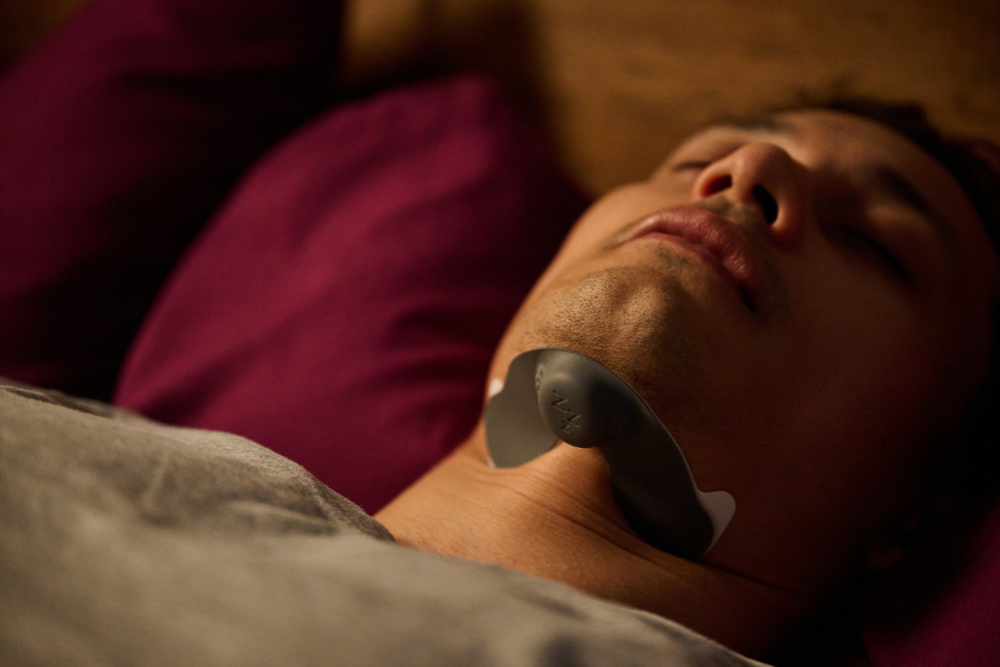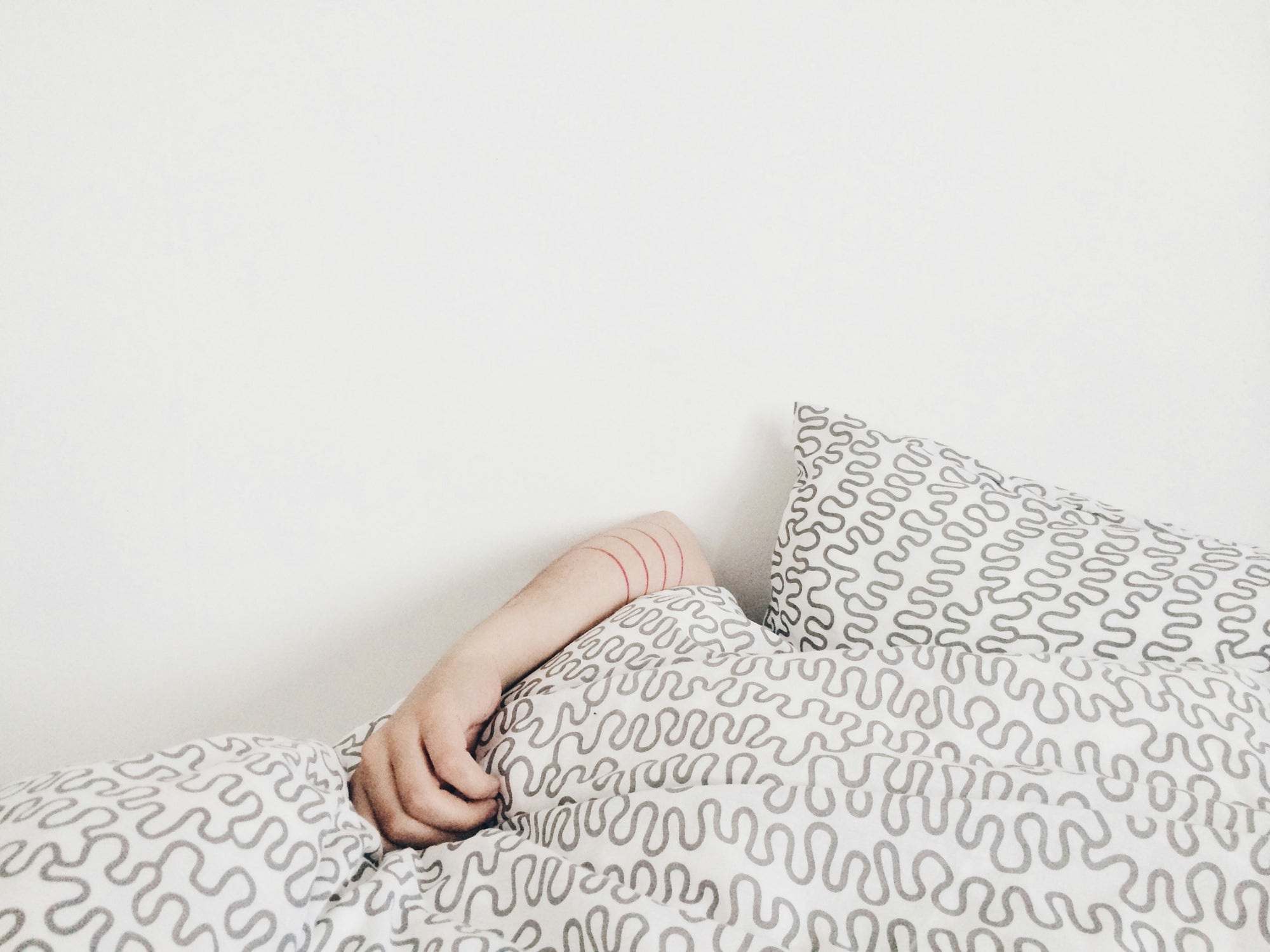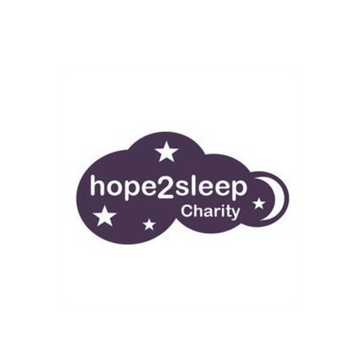

Hope 2 Sleep Trial
Introduction
Millions of people worldwide snore and although this is usually a totally benign condition, it not only affects their lives but also those of their partners.
Snoring can mean a sufferer has disturbed sleep which affects one’s overall quality of life. Those living with a snorer regularly also suffer hours of sleep disruption, often more than the snorer and as a result,
relationships can be badly affected. The degree and volume of snoring varies; a bad snorer can be as loud as 140 decibels, which is louder than a chainsaw, a vacuum cleaner or even a lawnmower.
Snoring is the sound of obstructed breathing, generally caused by some basic factors, such as poor muscle tone, bulky throat tissue, or a long soft palate or uvula. As there is no single cause of snoring there is no single cure.
Snoring is caused by the tongue, mouth, throat or airways in the nose vibrating whilst breathing when asleep as this is when muscles can relax and airways can narrow or even temporarily close. With many people infrequent snoring is normal and doesn’t require medical testing or treatment. Its main impact is on the bed partner or roommate who may be bothered by the noise. However, a primary snorer is classified as one for whom snoring occurs for more than three nights per week. Because of its frequency, it is more disruptive to them and their partners; however, it is not usually seen as a health concern unless
there are signs of sleep apnoea, in which case diagnostic tests may be necessary. It is therefore usually the individual or the individual’s partner who looks for ways to stop or reduce the snoring.
Finding the right way to stop snoring is difficult. There are many anti-snoring devices on the market, and some can be effective at reducing episodes of snoring and improving quality of sleep.
The range of devices varies from topical treatments to smart pillows that detect the noise of snoring.
Morgan Innovation & Technology have designed Zeus for those individuals whose snoring is caused by vibration of the soft palette and tonsils.
It works by targeting the muscles that help to keep the throat open; during sleep these muscles can relax collapsing the throat so that the two sides come together and block the airway, as the snorer then breathes out heavily to open the airways the sides of the throat and tonsils flap and cause the noise.
Zeus is an external electrical muscle stimulation device which is placed under the chin at night. It alleviates snoring by stimulating the hypoglossal nerve which controls the tongue and airway muscles.
It does this by passing mild electrical signals into the body via a disposable adhesive gel pad on the skin. After the user has fallen asleep imperceptible regular electrical pulses are applied, making the muscles contract helping to maintain a more open airway. These are the muscles that might otherwise be too relaxed causing the vibrations in the throat during breathing that manifest as snoring.
Zeus is a compact wearable device that is unobtrusive, sleek, comfortable, and silent. Totally portable, it can be taken and used anywhere.
The principle behind Zeus has been clinically proven during trials for sleep apnoea and is endorsed by leading sleep expert, Dr Joerg Steier.
An evaluation of the over-the-counter devices has been conducted, although the problems and restrictions associated with the Covid-19 pandemic meant the evaluation was smaller and more limited than MIAT desired, but nevertheless the results were extremely encouraging.

Evaluation Methodology
Volunteers were recruited virtually through the Hope2Sleep charity which specialises in helping people diagnosed with all kinds of sleep disordered breathing.
All volunteers had to respond via email to request further information. They were then sent an evaluation pack containing a consent form and information on what taking part entailed.
When signed consent was received all participants were sent a Zeus device
with record sheet and questionnaire for completion.
The evaluation was for 14 days; 7 days sleeping normally and 7 days sleeping wearing Zeus. Over the whole of the 14-day period volunteers were asked to record their sleeping pattern using a 3rd party app.
All volunteers received written instructions on how to fit the device correctly along with an app guide and a contact email/telephone number to use if they had any further questions. Participants were also advised on the health exclusion criteria that would preclude them from participation in the evaluation. The questionnaire asked a series of questions ranging from reduction in snoring to ease of use. Participants were asked to score their answers from 0 to 10.
Not all participants answered every question as some became irrelevant. For example, once a participant had said that they would not continue using Zeus then they did not answer further questions relating to future use or acceptable costs.
The percentages quoted are therefore based on those participants who expressed an opinion.

Limitations
1. The Zeus evaluation was sent via post and all training was either on printed sheets or via telephone if participants had a query. This remote teaching resulted in some participants using the device incorrectly or mis-placing the device.
2. There was no opportunity to carry out the normal face to face demonstrations and question and answer sessions.
Additionally:
3. The evaluation was open to all types of snorers including, for example, nasal snorers. As Zeus is not suitable for all snorers it would not be effective for all participants and this is reflected in the results.
4. The devices themselves were 3D printed prototypes which, although fully tested, did not sit flat onto the charger base which meant a couple of participants experienced battery charging issues; these are again reflected in the results.
5. A further limitation not initially recognised was that there was some mis-diagnosis of snoring noise by the third party app that was used.
Results
Despite the abovementioned limitations the results from the evaluation were positive. An initial database of 33 volunteers requested further information, of these 25 requested an information pack/consent form. Three then withdrew due to medical conditions which are listed in the exclusion criteria. Five further participants withdrew after receiving further information, three for unknown reasons, one who did not like the sensation of the stimulation and one who had a beard and did not wish
to shave. The remaining seventeen participants started the evaluation, all followed the protocol and completed a
records sheet and questionnaire. Two participants did not complete the evaluation as they found that the Zeus device did not adhere properly after the application of moisturising cream on the neck, which they wished to continue using. From the questions relating to sleep quality, snoring and improvement in quality of life the results showed that:
-
82% of participants experienced reduced episodes of snoring with 63% of participants experiencing a significant difference in the number of snoring episodes.
-
82% of participants stated they had better quality of sleep or the device had no impact to their quality of sleep.
-
64% of participants experienced little to no disruption falling asleep when the stimulation commenced on Night 1 of use and that increased to 91 % by Night 7.
-
55% of participants experienced a decrease in their snoring volume levels.
-
27% of participants stated that they could identify a difference to their alertness through the day whilst wearing the Zeus device at night for only 7 days.
-
40% of partners noticed a reduction in their partner’s snoring.
Device Feedback
The results from questions relating to the design, operation and comfort were:
• 91% of participants rated the Zeus device as good to very good for ease of operation with minimal disruption to their or their partner’s bedtime routine.
• 100% of participants found the application of the disposable pad was easy to extremely easy.
• 100% of participants rated the comfort of wearing the device to be comfortable to very comfortable.
• 73% of participants noted that the device adhered securely to very securely to the skin.
• No participants suffered a skin reaction to the adhesive.
• 91% of participants liked the look of the device.
• 82% of participants liked both the colour and the Zeus name.
• 100% of participants and their partners found the Zeus device extremely quiet.
• 71% of partners liked the appearance of the device.
Conclusions
This was a random evaluation of snorers, there was no preselection as to cause, which meant that it was highly probable that Zeus would not beeffective for all participants as proved to be the case with 22% of the participants gaining no benefit from the device. However, the result that 82% of participants did experience some reduction in their snoring is extremely encouraging and shows that the clinical theory behind the Zeus technology is valid and very effective. That 27% felt that they could detect an improvement in their daytime alertness is particularly significant as Zeus was only used for 7 days. There have been concerns since the start of the project regarding whether users would accept and find comfortable the pad beneath the chin and whether it would prove too disruptive of sleep patterns. The results clearly show that the design and application are acceptable and liked by potential users.
The overall conclusion is therefore that Zeus will be an excellent anti-snoring device for many snorers.






